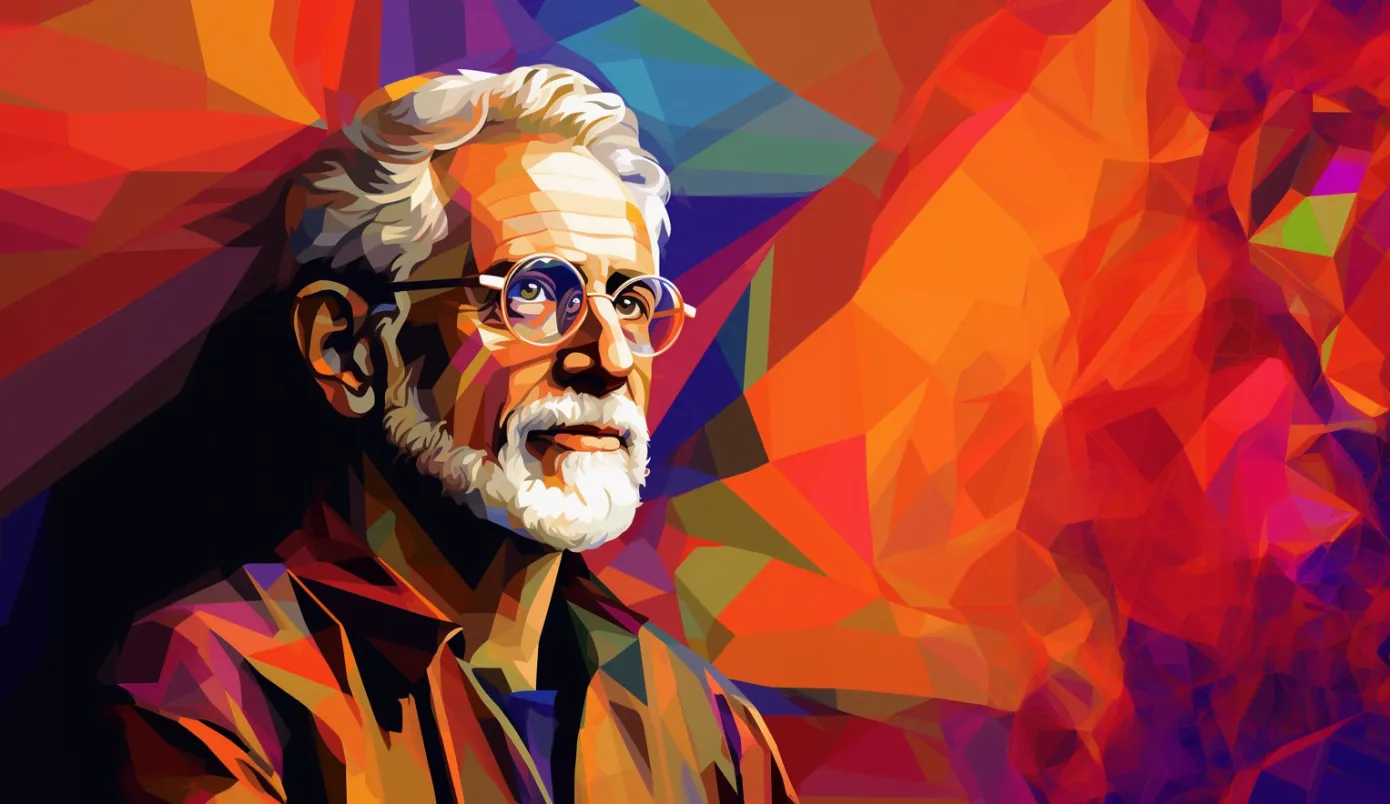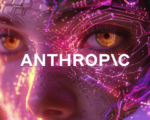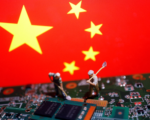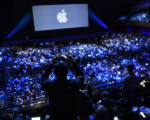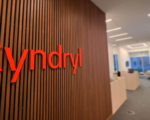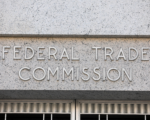Midjourney’s update to its terms of service highlights the evolving landscape surrounding intellectual property (IP) disputes in the realm of AI-generated content. The shift from casual language to more legally robust clauses reflects the company’s recognition of the importance of clarifying its stance on such matters.
The modification suggests Midjourney’s confidence in its position regarding legal challenges from creators whose content is used in the training data for AI models. By updating its terms of service, the company aims to establish a framework that aligns with prevailing case law while protecting its interests in developing and deploying AI-generated images and videos.
This move underscores the broader conversation within the AI community regarding ownership and attribution of AI-generated content. As AI technologies advance and become more integrated into various industries, including creative fields, the question of rights and responsibilities surrounding AI-generated works becomes increasingly pertinent.
While Midjourney’s update may seem subtle, it reflects the ongoing legal and ethical considerations shaping the AI landscape. As AI continues to evolve, stakeholders must navigate these issues thoughtfully to ensure fair and equitable outcomes for all parties involved.
The use of generative AI models, such as those developed by Midjourney, relies heavily on large datasets sourced from various online repositories. These datasets typically consist of images, text, or other content available in the public domain. Vendors often assert that their utilization of copyrighted material falls under the legal doctrine of fair use, which permits the transformation of copyrighted works for secondary creations, as long as the use is deemed transformative.
However, not all creators are in agreement with this assertion, especially given emerging research indicating that generative AI models have the potential to “regurgitate” training data. In other words, these models may inadvertently reproduce elements of the original data in their generated outputs, raising concerns about the extent to which copyrighted material is incorporated.
This tension between AI vendors and creators underscores the complex legal and ethical considerations surrounding the use of copyrighted material in AI development. While fair use principles provide some degree of legal protection, the transformative nature of AI-generated content remains a subject of debate. As the capabilities of generative AI continue to evolve, it is likely that discussions around copyright, fair use, and the ethical use of AI will remain prominent in both legal and academic circles. Finding a balance that respects the rights of creators while fostering innovation in AI research and development will be crucial moving forward.


